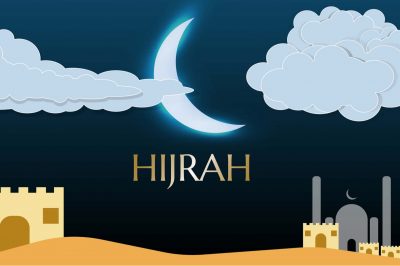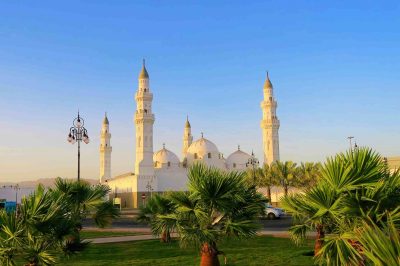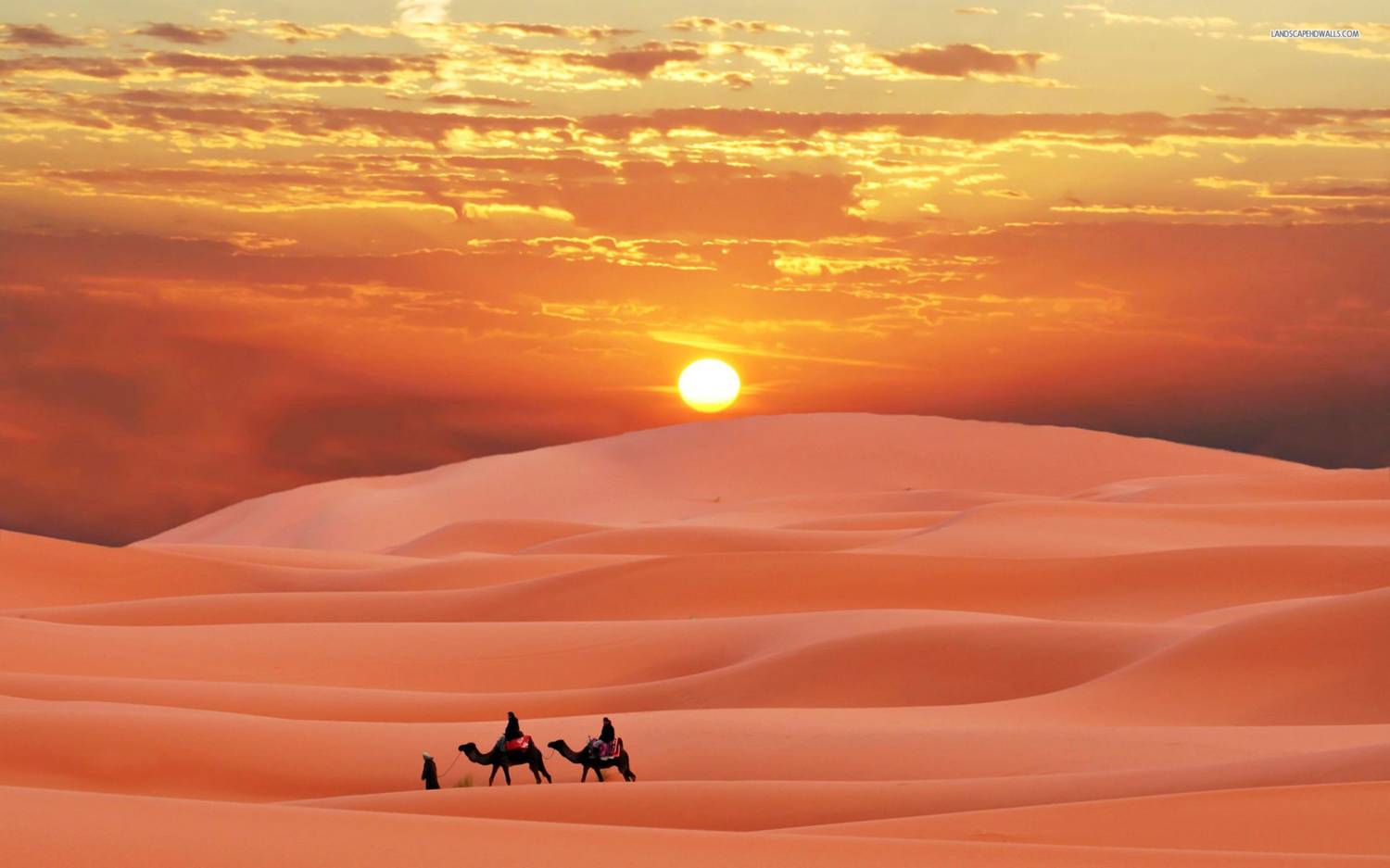Answer
Wa `alaykum as-Salamu wa Rahmatullahi wa Barakatuh.
In the Name of Allah, Most Gracious, Most Merciful.
All praise and thanks are due to Allah, and peace and blessings be upon His Messenger.
In this fatwa:
- There is no special religious ceremony to mark the new Hijri year.
- However, since our religious calendar is the Hijri calendar, it is good to remind ourselves about the meaning and significance of Hijrah at this time.
- We should talk about the Prophet’s Hijrah from Makkah to Madinah that took place in the year 622 CE.
In this regard, Dr. Muzammil H. Siddiqi, former President of the Islamic Society of North America, states:
Celebrating the New Hijri Year
In Islam, there is no special religious ceremony to mark the new year. However, since our religious calendar is the Hijri calendar, it is good to remind ourselves about the meaning and significance of Hijrah at this time. We should talk about the Prophet’s Hijrah from Makkah to Madinah that took place in the year 622 CE.
We should talk about its meaning and significance and we should also talk about the general concept of Hijrah in Islam.
The Arabic word Hijrah is often translated as “exile, exodus, flight or migration”. Its meaning is, however, much more dynamic and active. It means “to leave, to move, to shun and to quit”.
It is especially used for an intentional transfer of residence, but in the Quran it is also used to mean leaving a wrong condition and moving to a better condition, even though it may involve some difficulty.
In this context, Allah says, {But Lut had faith in him (Abraham): he said: ‘I shall move (Muhajirun) towards my Lord: for He is Exalted in Might, and Wise.} (Al-Anakabut 29:26)
Faith requires acceptance of Allah and the negation of falsehood. It means a total and radical departure to a new way for the individual and for the community.
Faith is a departure from the following:
- all kinds of polytheism (belief in many gods) to monotheism ;
- ignorance and superstition to knowledge and light;
- enslavement to others to the service of Allah;
- sin and corruption to virtues and righteousness;
- from division and strife to harmony and unity;
- the state of wandering and bewilderment to guidance and straight path;
- Allah’s anger to His acceptance and pleasure;
- the Hellfire to Salvation in the Eternal Life.
Meaning of Hijrah
Hijrah is a principle that is integral to Islam. It transforms a mu’min from a mere believer to a mujahid, the one who struggles for his faith. It is for this reason that the Quran has used in many places the words iman, Hijrah and Jihad together,
{Those who believed and those who migrated and struggled in the path of Allah, they have the hope of the Mercy of Allah: and Allah is Oft Forgiving, Most Merciful.} (Al-Baqarah 2:218)
{Those who believe, and migrate, and struggle in the cause of Allah, as well as those who give (them) asylum and aid, these are (all) truly the Believers: for them is the forgiveness of sins and a provision most generous.} (Al-Anfal 8:74)
{Those who believe, and migrate and strive in Allah’s cause, with their goods and their persons, have the highest rank in the sight of Allah: they are indeed the successful people. Their Lord does give them glad tidings of a Mercy from Himself, of His good pleasure, and of Gardens for them, wherein are delights that endure: They will dwell therein forever. Verily in Allah’s presence is a reward, the greatest (of all).} (At-Tawbah 9:20-22)
Hijrah: Beginning of New Era
Muslims chose Hijrah as the focal point to reckon their chronology. In physical terms, Hijrah was a journey between two cities about 300 miles apart, but in its grand significance it marked the beginning of an era, a civilization, a culture and a history for the whole mankind. Islam progressed not only from the physical Hijrah, but because Muslims took Hijrah seriously in all its aspects and dimensions.
Those who truly followed the path of Hijrah they were:
1- The people of muw’akhah: They became brothers and sisters to each other: {The vanguard (of Islam), the first of those who forsook (their homes) and of those who gave them aid, and (also) those who follow them in (all) good deeds, well-pleased is Allah with them, as are they with Him: for them He has prepared Gardens under which rivers flow, to dwell therein forever: that is the supreme Felicity.} (At-Tawbah 9:100)
2- The people who were willing to endure hardship for the cause of truth: {Allah turned with favor to the Prophet, the Muhajirun (Muslims who migrated with the Prophet from Makkah), and the Ansar (residents of Madinah who helped the Prophet and his Companions), who followed Him in a time of distress, after that the hearts of a part of them had nearly swerved (from duty); but He turned to them (also): for He is unto them Most Kind, Most Merciful.} (At-Tawbah 9:117)
3- Those who struggled to establish Islam: They established masajid, Islamic schools and other institutions. They defended their faith and they worked hard to establish Islam in all aspects of their lives and everywhere they went.
We should use this occasion to remind ourselves about the Hijrah; this is what is required from all of us now and at all times.
Allah Almighty knows best.
Editor’s note: This fatwa is from Ask the Scholar’s archive and was originally published at an earlier date.
Source: Excerpted, with some modifications, from: www.pakistanlink.com



